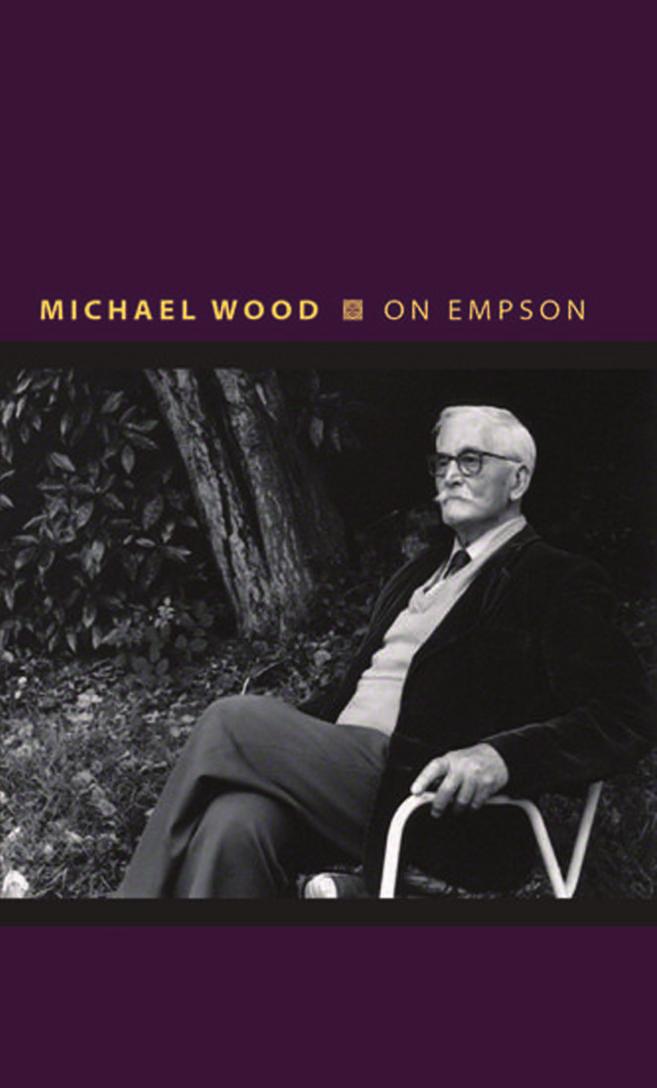On Empson by Michael Wood

Author:Michael Wood [Wood, Michael]
Language: eng
Format: epub, pdf
Tags: Literary Criticism, European, English; Irish; Scottish; Welsh, Poetry, General
ISBN: 9780691163765
Google: kGuYDwAAQBAJ
Publisher: Princeton University Press
Published: 2017-04-04T00:58:45.098000+00:00
IV
I’d like to conclude this exploration of other cases by moving to a later moment in Empson’s career and glancing at his remarkable essay on Henry Fielding’s novel Tom Jones (1958). Here there is much insistence on irony, and this is also a good place to look if we want to know a little more about the importance of how we are “brought up” and the interest of “an ironical acceptance of aristocracy.”
Tom Jones is a book that, Empson says, is usually felt to be just hearty and healthy—or at best clever and trivial—and also “frightfully English.” With “modern critics,” in Empson’s view, Fielding fails twice: he has a “doctrine” to promote, and that doctrine is not “despair and contempt for the world” [UB 131]—which might just about be permissible if doctrines were permitted. Fielding is “regarded with a mixture of acceptance and contempt, as a worthy old boy who did the basic engineering for the novel” (UB 131)—that is, helped that notable literary form to “rise” as it so famously did in the eighteenth century.
Empson thinks this is all wrong. He (twice) finds a “Proust-like” subtlety in Fielding’s thinking [UB 136, 145], and is even willing, in spite of his repeated excoriations elsewhere of Christian hypocrisy and ogre worship, to reach for theological analogies for the writing. There is a “radiance” in the novel, and “when Fielding goes really high … his prose is like an archangel brooding over mankind” [UB 133, 135]. As for the morality of the book, of which Samuel Richardson and Dr. Johnson thought so badly, Empson simply says, “I agree with Fielding and wish I was as good” [UB 142].
Empson, like Fielding, entertains “a class belief, that well-brought-up persons (with the natural ease of gentlemen) do not need to keep prying into their own motives as these hypocritical Nonconformist types do” [UB 136]. But then he is defending Fielding against cruder minds which, whatever their class, are trying to police everyone’s behavior. Tom Jones, and Fielding himself, in Empson’s reading, are “Gospel Christians,” a type guaranteed to drive institutional Christians crazy. Tom’s idea of virtue is to cover up for a friend when both of them have done wrong, because his friend’s position is more vulnerable; or to relieve a highwayman of his weapon and give half his (Tom’s) money to the man’s unfortunate family—well, “rather more than half,” as Empson says, “to avoid calculation” [UB 140].
Empson has a theory about Fielding’s theory:
The society which Fielding describes is one in which many different codes of honour, indeed almost different tribes, exist concurrently. The central governing class acts by only one of these codes and is too proud to look at the others … but they would be better magistrates, and also happier and more sensible in their private lives, if they would recognize that these other codes surround them. It is to make this central point that Fielding needs the technique of double irony, without which one cannot express imaginative sympathy for two codes at once.
Download
This site does not store any files on its server. We only index and link to content provided by other sites. Please contact the content providers to delete copyright contents if any and email us, we'll remove relevant links or contents immediately.
| African | Asian |
| Australian & Oceanian | Canadian |
| Caribbean & Latin American | European |
| Jewish | Middle Eastern |
| Russian | United States |
4 3 2 1: A Novel by Paul Auster(12362)
The handmaid's tale by Margaret Atwood(7747)
Giovanni's Room by James Baldwin(7313)
Asking the Right Questions: A Guide to Critical Thinking by M. Neil Browne & Stuart M. Keeley(5751)
Big Magic: Creative Living Beyond Fear by Elizabeth Gilbert(5739)
Ego Is the Enemy by Ryan Holiday(5406)
The Body: A Guide for Occupants by Bill Bryson(5070)
On Writing A Memoir of the Craft by Stephen King(4924)
Ken Follett - World without end by Ken Follett(4715)
Adulting by Kelly Williams Brown(4560)
Bluets by Maggie Nelson(4541)
Eat That Frog! by Brian Tracy(4509)
Guilty Pleasures by Laurell K Hamilton(4435)
The Poetry of Pablo Neruda by Pablo Neruda(4087)
Alive: The Story of the Andes Survivors by Piers Paul Read(4014)
White Noise - A Novel by Don DeLillo(3999)
Fingerprints of the Gods by Graham Hancock(3983)
The Book of Joy by Dalai Lama(3965)
The Bookshop by Penelope Fitzgerald(3839)
